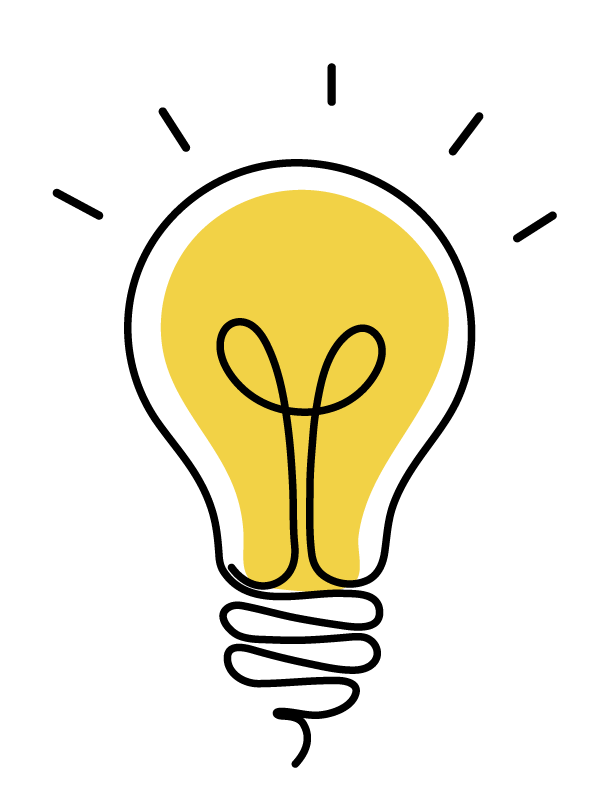The final stage of the CREATEd Codesign process is Evaluate - did you achieve your goal? Did you have the impact you intended? As suggested, the nature and extent of evaluation will depend on the scale and scope of the team’s work. It also is closely connected to earlier work in Stage 2 where the team began to plan for what success might look like. In this Stage, the team meets to plan the evaluation, then the evaluation work is independently conducted, and then the team meets again to make sense of the data in terms of their goals and, if any, next steps.


PRO TIP
Combining Stage 7 and 8 planning conversations can save on the number of meetings, if needed. See the Stage 7 guide for more on integrating the two.
The goal:
Evaluate how much the resource has been used and/or achieves the planned outcomes.
The participants:
Team Members:
Researcher(s), Facilitator, Practitioner(s), Designer
Optional:
External evaluator or researcher. While all team members should contribute to the planning for evaluation – that is, revisiting how the team will know if their work achieved its goals – the team may not have the resources (time or expertise for example) to engage in monitoring and evaluation activities. External evaluators or researchers may be helpful for this phase of the project.
The deliverables:
-
Data about reach, use, and relating to other goals for mobilization and dissemination
-
Meeting notes
Tools for this Stage:

Suggested stage plan
Like Stage 5, Stage 8 has three parts: a team meeting to plan the evaluation, conducting the evaluation, and a meeting to interpret data. We recommend an hour to plan and 90 minutes to interpret findings together.
Time for data collection and analysis can vary based on the goals for the evaluation as well as the goals for the project, not to mention any resource constraints on the process. For example, a team interested in measuring the impact of a tool on classroom instruction has a more complicated and longer term evaluation process than a team with a goal of increasing awareness of an issue through social media.
Plan the meetings
As always, schedule a time that works for the team and prepare agendas that establish meeting goals, outcomes, and resources.
For the planning meeting, share the Evaluation Planning Guide as well as Stage 2 notes in advance so team members can prepare their ideas.
For the interpretation meeting, share evaluation findings for their review in advance of the meeting.
SAMPLE:
Meeting Agenda
Planning meeting
0:00-0:10 Introductions and overview of session
0:10-0:20 Team building activities
0:20-0:50 Develop evaluation plan
0:50-1:00 Debrief and next steps
Interpretation meeting
0:00-0:10 Introductions and overview of session
0:10-0:20 Community building activities
0:20-0:40 Presentation of findings
0:40-1:00 Reflection on findings
1:00-1:30 Celebrating successes and the path forward
*Note that these times are minimum suggested times and many teams, particularly newly convened teams, may benefit from longer discussions of these issues.
Team building
Continue to implement brief activities that support trusting, open, and equitable relationships. As this may be the last set of team activities, select activities that honor and celebrate but also may help to sustain relationships beyond this work.
Meeting to plan for feedback
In advance of this meeting, members ideally should take time to familiarize themselves with the Evaluation Planning Guide. However, the facilitator should be prepared for people having differing levels of time to prepare.
In this meeting, the team should:
-
Review Stage 2 beliefs about what success looks like and revise as needed.
-
Identify short-, medium-, and long-term measures (the team should decide which are most appropriate for the project) that can help the team understand the impact of the design.
-
Plan the means and timeline for collecting and analyzing that data as well as who will enact the plan - with distributional equity in mind!
-
Use the (Re)centering Tool to ensure that the plans are realistic given the team’s available resources (including time!) - perhaps revising 2 and 3 above to adjust.
-
Make a note of decisions in the guide and share with the team.

PRO TIP
Help the team to make this plan feasible. This does not need to be a formal evaluation of the product and is intended to help the team improve the existing product.
Doing
Once a plan is in place, it’s time for the team - or its partners - to enact their strategies. Facilitators should plan to:
-
Arrange check-ins to provide support and assess progress
-
Communicate with team members about progress and impact
-
Reconvene the team to address any challenges and add further meetings for the team if needed
Interpretation meeting
During this follow up – and likely final!–- meeting, the team should look at the findings and be prepared to discuss them. Consider the following steps for that discussion:
-
Share the findings. The person or team responsible for the evaluation should present the evaluation approach and findings to the group. Ensure opportunities to ask questions.
-
Reflect on the findings. Engage the team in a conversation about what they see as takeaways and what might have contributed to both positive and negative findings. The goal is for the team to learn not just about the work but from the work.
-
Celebrate and decide on next steps. At this point the team has accomplished so much, and it is important to emphasize their successes - developing products, successful collaboration, learning, and making a difference (as seen in the evaluation). Invite team members to share the positives from this work and see if the team might have any plans to continue to work together (on this or other projects) or stay connected in the future.
-
Make a note of any decisions and next steps for the team.
Wrapping up
Once again, the last step in this process is to ensure that the work is documented and available for the team as needed. After the meeting, the Facilitator should:
-
Follow up with the team to share the work from this stage..
-
File everything in the team’s management system.
-
Make sure everyone is compensated on time













